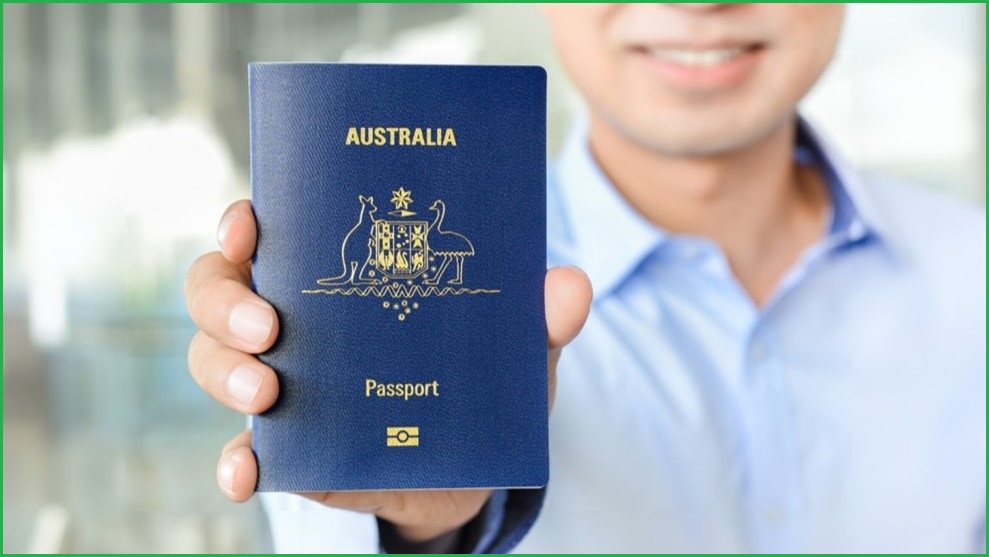Procurements made by the Australian Passport Office worth nearly $500 million, including many tech-related contracts, were rife with a lack of competition and transparency, pre-determined results, and fell short of ethical standards, an audit has found.
The Australian National Audit Office (ANAO) tabled a scathing review into the procurement practices of the Australian Passport Office (APO), which sits within the Department of Foreign Affairs and Trade.
It found APO managed procurements worth $1.58 billion but had not conducted one procurement through an approach to the open market across a four-and-a-half-year period to the end of 2023.
The audit identified a number of ethical shortcomings around tech procurements and failures to declare and properly deal with conflicts of interest.
In response, the Department has admitted there are “clear indications of misconduct involving a number of current and former DFAT officials and contractors as well as clear cultural issues” and has commenced an investigation into 18 employees at APO.
The audit investigated the procurement conducted by APO from July 2019 to December 2023, a period in which the office entered into new contracts worth nearly $500 million.
Preferred suppliers
It found that none of these procurements were made to the open market, and more than two-thirds of the time the department had already identified a preferred supplier before asking for quotes.
“Overall, the Department had already identified its preferred supplier or candidate prior to approaching the market for 52 contracts totalling $302.5 million, which equates to 71 per cent of the 73 APO contracts examined by number of 75 per cent by value,” the audit found.
A number of procurements conducted by APO fell short of ethical requirements, the audit found, including in terms of conflicts of interest.
The investigation found at least 16 instances of conflicts of interest not being properly declared.
These included a $1.4 million contract with tech recruitment firm Peoplebank to secure a service designer.
Prior to making the decision, the APO selection panel declared they had no conflicts of interest.
This was despite the chair of this evaluation panel having previously been the employer of one of the personnel being assessed, who had actually been included in the request for a quote at the request of the chair, the audit found.
Vast underestimates
APO was also found to be wrongly estimating the value of contracts, or not conducting this exercise at all.
The report found that nearly 50 contracts did not have an estimate at all, while the ones that did eventually cost 139 per cent more than the estimates.
This included a contract with tech advisory firm Datacom, which was initially estimated to be worth $13.2 million but has since ballooned out to $133 million, a more than seven-times increase.
Another contract with Verizon for public key infrastructure services, awarded via a limited tender, was initially worth $3.2 million.
But across eight years its value grew to $12.3 million, close to four times the original value.
A contract with Datacom to provide inbound call answering services jumped by 1,204 per cent through a series of variations, including for work outside of the original scope, ANAO found.
APO also signed a $2.7 million deal with AI company UiPath in 2021 for improved data capture technology.
Before this was signed, decision-makers in the office had been in discussions with representatives from the tech company, according to the audit.
“Prior to approaching the market, members of the tender evaluation panel had been exchanging emails with UiPath representatives, been meeting with them, and had arranged for UiPath to deliver a presentation to the APO executive,” the report said.
“Those opportunities were not afforded to the other 11 firms who responded to the subsequent approach to market.
“No strategies were developed to address the advantages those engagement opportunities provided UiPath over its competitors.”
Another example cited in the audit was a deal directly sourced with German tech company Muhlbauer for $32 million for “passport personalisation” technology, before which APO failed to conduct adequate market research.
This contract has now increased in value to $42.5 million.










